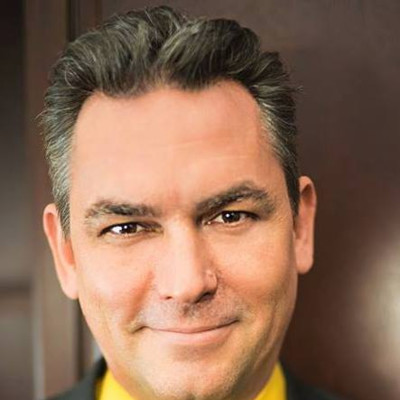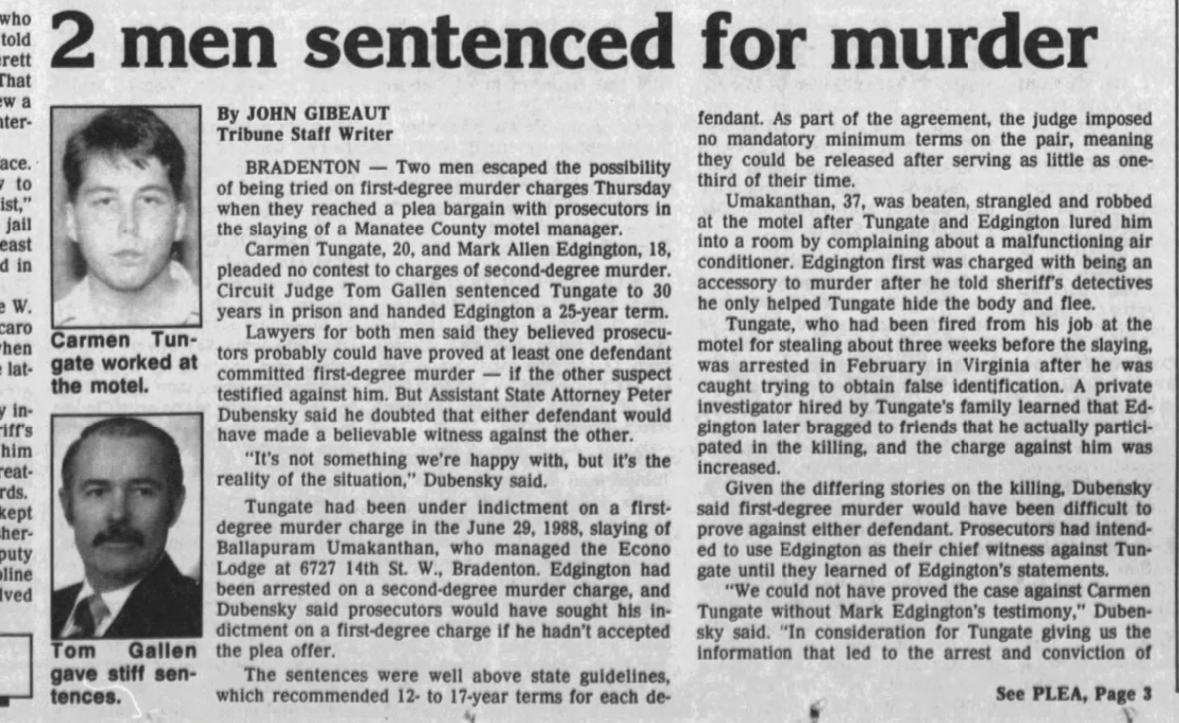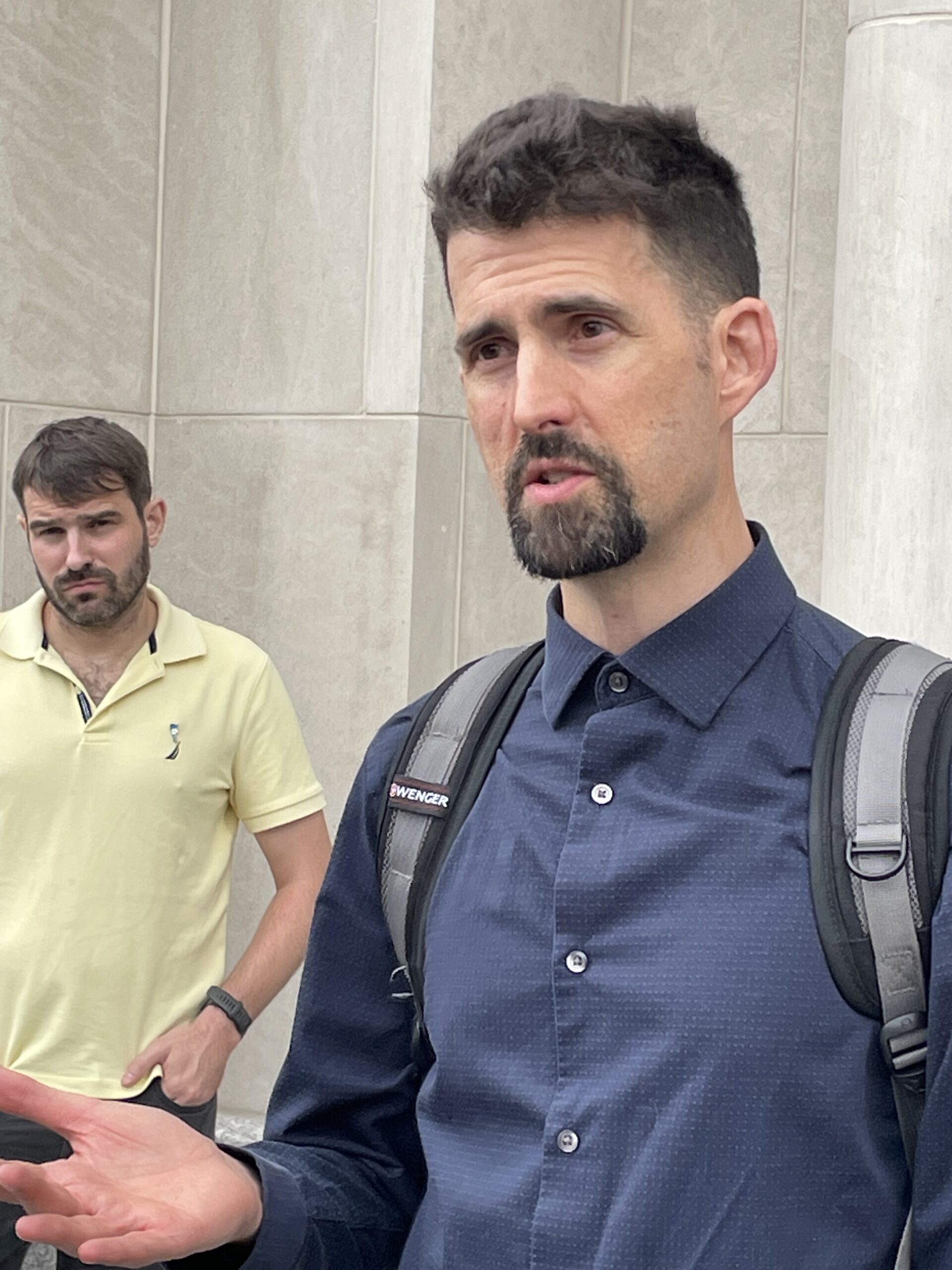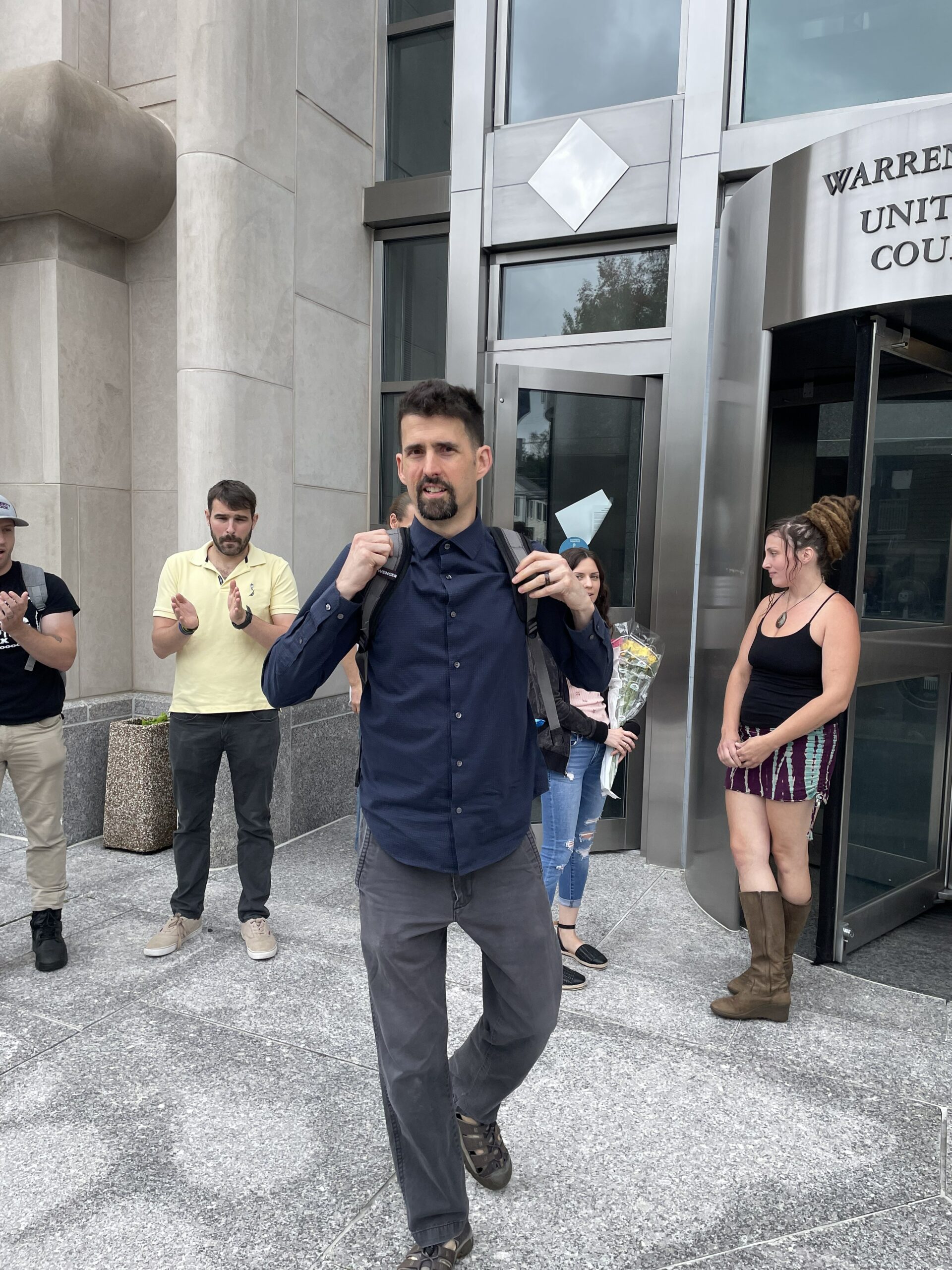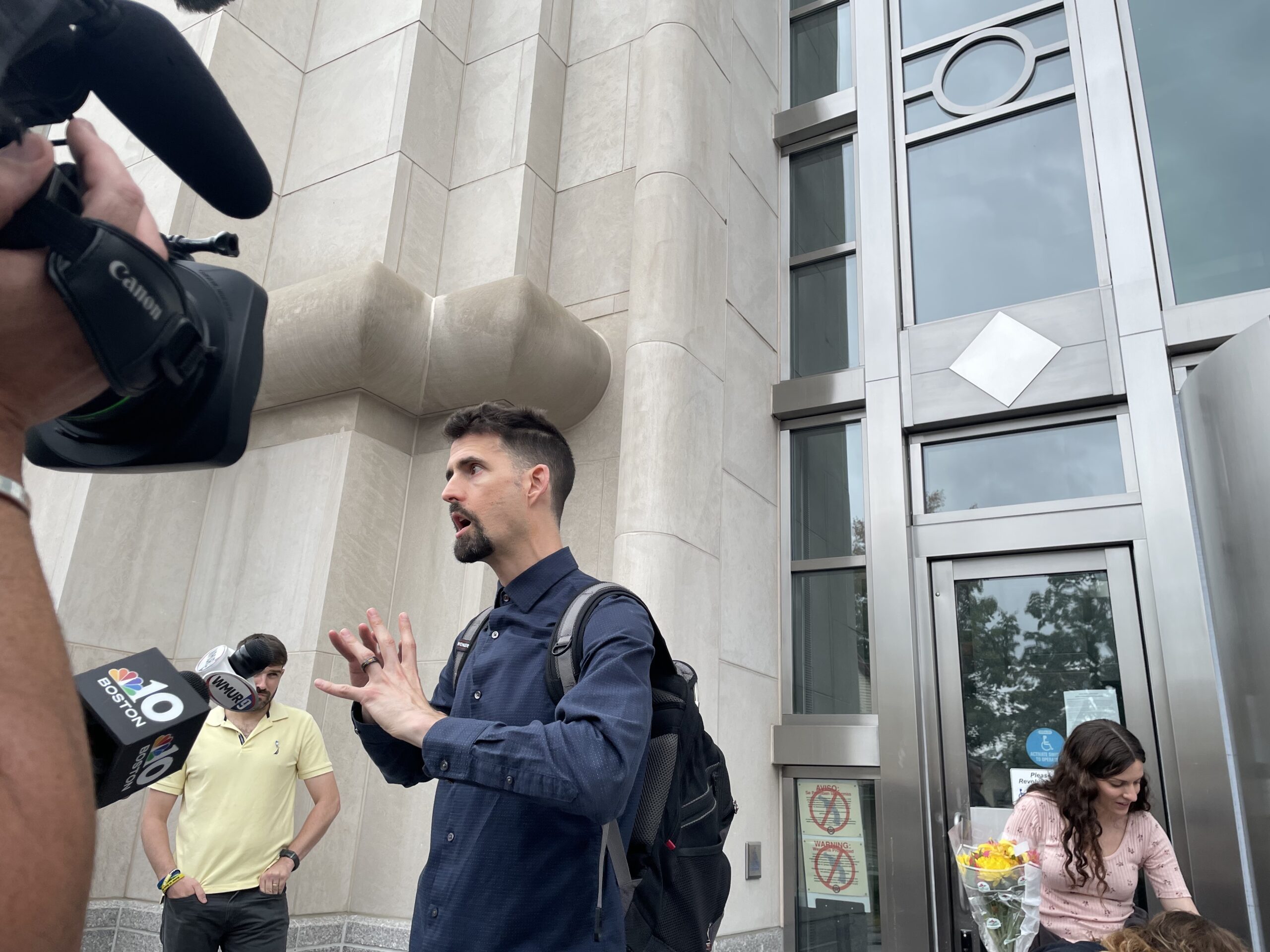School Funding Ruling Could Kill NH Advantage, Group Warns

New Hampshire could see economic growth grind to a halt, tax rates explode, and the state government take control of local schools if the state Supreme Court upholds the rulings in the Rand and ConVal education funding cases.
That’s the scenario laid out by free-market think tank American Institute for Economic Research in its amicus brief filed in court this week.
The state is appealing the Superior Court rulings in the Rand and ConVal lawsuits which, if enforced, upend the current school funding system by bringing back so-called donor towns and adding more than $500 million of taxpayer money to the state adequacy grant system.
AIER Senior Research Fellow Jason Sorens told NHJournal school funding isn’t about left or right politics, but about avoiding negative consequences like ballooning taxes, anti-business and growth measures, and the loss of local control.
“Should we encourage towns to have low property values? Should we punish towns for choosing to allow apartments or commercial development?” Sorens said.
Last year, Rockingham Superior Court Judge David Ruoff ruled in the Rand v. New Hampshire lawsuit the state’s Statewide Education Property Tax system is unjust since it allows communities with high property values to keep excess SWEPT funds, essentially paying an unequal tax rate than communities with lower property values.
Then in the ConVal v. New Hampshire case, Ruoff ruled in favor of the coalition of school districts led by the Contoocook Valley School District that argued the state is violating the constitution by failing to fund an adequate education. Ruoff ruled the state’s per-pupil adequacy grants need to go up from $4,100 per pupil to at least $7,300.
Sorens and AIER President William Ruger said they want New Hampshire to keep its current system and find other ways to fix education without restrictive government action or more taxes.
“School finance equalization has been a big driver of new taxes and unnecessary government growth across the country,” Ruger said. “AIER’s economic analysis shows that it has mostly been based on misconceptions about the alleged ‘inequity’ of locally funded education. With this case, we hope the Court will set a new precedent, based on sound economic reasoning, that vindicates local control of school funding and decentralized competition among governments.”
The old donor town system of transferring tax dollars from property-rich towns to property-poor communities will return if Rand is upheld, Sorens said. That system brings economic stagnation and real inequality.
Asked if he would describe the donor town system as a “progressive property tax,” Sorens said it’s worse.
“It’s punishing whole towns for having high property valuations, not individuals,” Sorens said.
Advocates for a state school system funded by handouts from so-called “wealthy” towns need to check their math, Sorens said. He pointed out the proposed plan would see people in Lebanon subsidizing education in communities like Brookline, despite the latter having one of the highest median incomes in the state. Meanwhile, Lebanon has one of the highest child poverty rates, Sorens said.
“It redistributes income from poor people to rich people,” Sorens said.
The Rand decision ignores the fact towns that encourage business, commercial enterprise, and housing tend to have higher property valuations. If donor towns come back, New Hampshire will see municipalities in an arms race to kill business, discourage building more housing, and drive out innovation with restrictive zoning laws, Sorens said.
“It incentivizes towns not to grow their property tax base,” Sorens said.
With ConVal, Sorens said nearly every school district in the state can already afford to fund an adequate education without the state adequacy grant. Instead, New Hampshire should give parents more options like more charter schools, more Education Freedom Accounts, and open enrollment for all public schools, Sorens said.
Vermont’s misguided attempt to fund its education system should serve as a warning to New Hampshire, according to Sorens. The 1997 Act 60 plan to pool all education property taxes in Vermont and send that funding to each district has resulted in a restrictive government that punishes communities for spending more on education money than poorer communities. Vermont has also taken away control of the education system from local boards and forces consolidation into large, regional districts.
“The state gets deeply involved in local budgeting and administration,” Sorens said. “We doubt many New Hampshire residents would be happy with their towns being forced to join these big regional school districts.”
Sorens may be familiar to Granite Staters as the man behind the Free State Project. He is credited with coming up with the plan to have libertarians move to New Hampshire in 2001 in order to enact a libertarian agenda.


